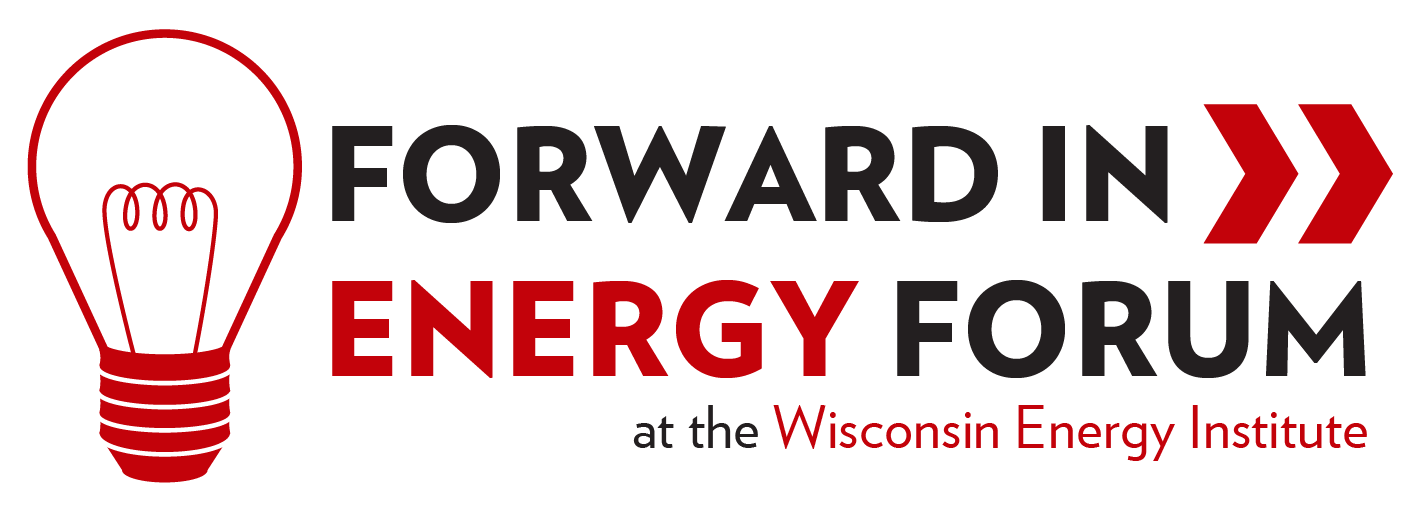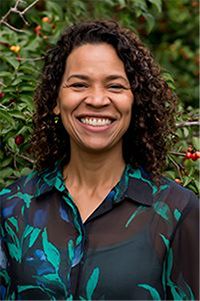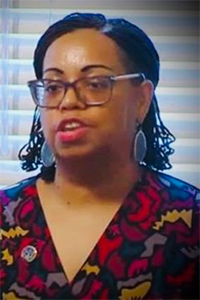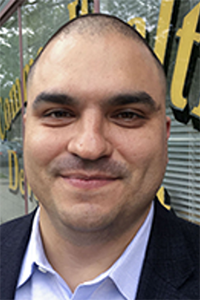
Discriminatory policies and practices in the U.S. have made communities of color more susceptible to the impacts of pollution and climate change. Yet these communities face a higher burden for energy costs. People of color are more likely to reside near major sources of air pollution, are more vulnerable to heat, flooding, and other climate impacts, and are less able to retrofit their homes to be more energy efficient or produce solar energy.
Join us on February 23rd from 4:30–6:00pm CT to discuss the factors lead to these inequities, and how we can improve access to affordable, sustainable, and resilient housing.
Moderator
 Marah A. Curtis
Marah A. Curtis
Vilas Distinguished Professor of Social Work, UW–Madison
Dr. Curtis’ research focuses on how differences in housing conditions, benefit policies and contextual factors affect the health and well-being of families. Concerns that families that are eligible for or take-up a benefit may differ from non-recipients in ways that are associated with housing and health outcomes are inherent challenges to understanding the role of policy in reducing pressing hardships. Her research focuses on how policies designed to improve the quality and stability of housing, or, that regularize income are effective in doing so as well as meeting broader goals such as decreasing economic hardship. She is a faculty affiliate at the Institute for Research on Poverty, the Center for Demography and Ecology, the Center for Financial Security and the Department of Planning and Landscape Architecture. Professor Curtis teaches courses on social policy, poverty and housing. She received her BFA from Marymount Manhattan College, MSW from Hunter College, and PhD from Columbia University.
Speakers
Denise Abdul-Rahman
Regional Field Organizer for Midwest/Plains States (Regions III and IV) NAACP Environmental and Climate Justice Program
 Denise Abdul-Rahman is Regional Field Organizer for the Midwest and Plain States at the National NAACP Environmental Climate Justice Program (ECJP). She serves as the Environmental Climate Justice Chair of the Indiana State Conference of the NAACP. Adbul-Rahman employs the program’s three objectives: 1) reduce harmful emissions including greenhouse gases, 2) advance energy efficiency and clean energy; and 3) strengthen community resistance and livability.
Denise Abdul-Rahman is Regional Field Organizer for the Midwest and Plain States at the National NAACP Environmental Climate Justice Program (ECJP). She serves as the Environmental Climate Justice Chair of the Indiana State Conference of the NAACP. Adbul-Rahman employs the program’s three objectives: 1) reduce harmful emissions including greenhouse gases, 2) advance energy efficiency and clean energy; and 3) strengthen community resistance and livability.
Abdul-Rahman has a MBA in Healthcare Management and Health Informatics and a wealth of environmental climate justice experience. She has facilitated and led successful coalitional efforts to halt coal-fired power plants and to bring transformation and liberation of communities into fruition. Abdul-Rahman is the recipient of the NAACP Indiana Hazel B. Hunter award 2019, Faith leaders Rev. Mozel Sanders Drum Major for Justice Humanities award 2020, and Indiana University Robert McKinney School of Law Environmental Protector Award 2018. She serves on the Board of Directors for the Midwest Renewable Energy Association.
Justice Castañeda
Executive Director, Common Wealth Development
 Justice Castañeda is Ph.D. Candidate in Urban and Regional Planning and the Executive Director of Common Wealth Development. An educator and economic development specialist, Justice’s professional and academic work explores the intersections of housing policy, economic development and community violence, looking at the role these intersections play in educational & life outcomes for youth who have experienced traumatic events in early childhood and adolescence.
Justice Castañeda is Ph.D. Candidate in Urban and Regional Planning and the Executive Director of Common Wealth Development. An educator and economic development specialist, Justice’s professional and academic work explores the intersections of housing policy, economic development and community violence, looking at the role these intersections play in educational & life outcomes for youth who have experienced traumatic events in early childhood and adolescence.
Castañeda completed his undergraduate work at UC San Diego, a Master of Arts in Policy, Organization and Leadership Studies from the Graduate School of Education at Stanford University, and earned his Masters of City Planning from the Massachusetts Institute of Technology, where he focused on housing policy, community & economic development before accepting a fellowship with the Center for Health and Communities at the University of California, San Francisco medical campus. A Madison, WI native, his career began in the U.S. Marine Corps, where he spent 8 years before being honorably discharged.
Abigail Corso
Chief Strategy Officer, Elevate Energy
 Abigail Corso oversees Elevate’s strategy in developing new programs nationwide from energy efficiency, solar, and planning including building up existing dynamic pricing and flagship multifamily building retrofit programs. Prior to this role, she served as Chief Program Officer and Director of New Market Initiatives, and she was responsible for expanding Elevate’s affordable multifamily energy efficiency programs into new markets outside of the Chicago region including Indiana, Louisiana, Michigan, Missouri, Ohio, and Oregon.
Abigail Corso oversees Elevate’s strategy in developing new programs nationwide from energy efficiency, solar, and planning including building up existing dynamic pricing and flagship multifamily building retrofit programs. Prior to this role, she served as Chief Program Officer and Director of New Market Initiatives, and she was responsible for expanding Elevate’s affordable multifamily energy efficiency programs into new markets outside of the Chicago region including Indiana, Louisiana, Michigan, Missouri, Ohio, and Oregon.
Prior to joining Elevate Energy in 2012, Corso was a Managing Director at the Delta Institute where she developed processes and methods that allow companies to incorporate local eco-system issues into corporate policies in a way that increases environmental stewardship and achieves environmental improvement.
